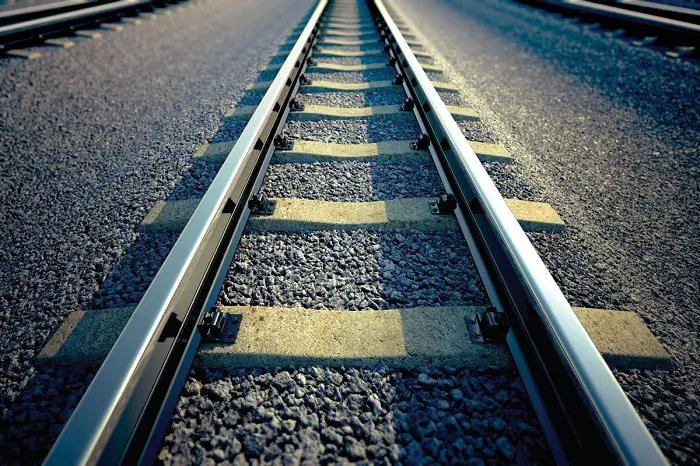The government of UK has announced an investment of US $774.7m to upgrade the northern rail network including the up-gradation and electrification of Transpennine mainline. As part of the plans, a new transport council, the Northern Transport Acceleration Council has been established, which will speed up the vital infrastructure projects to offer better connectivity across the towns and cities in the north.
The upgrades
The funds will be used for doubling the tracks from two to tracks between the most congested section on the Transpennine main line between Leeds, Huddersfield and Manchester. Doubling the tracks will allow fast trains to overtake slower ones, improving journey times and reliability for passengers. Much of the route is expected to be electrified along with digital signalling, more multi-tracking and improved freight capacity are also being considered as part of the Integrated Rail Plan.
The improvements could bring all-electric trains between Liverpool, Manchester, Leeds, York and Newcastle, bringing longer and more frequent trains, adding more to the local capacity along the line. Electric freight trains are also being considered, as they could replace thousands of diesel lorry journeys, allowing more freight to move on the route.
Also Read: Construction of hydrogen train fuelling station begins, Germany.
According to Transport Secretary and Northern Powerhouse Minister Grant Shapps, people across the North rightly expect action, progress and ambition and this government is determined to accelerate improvements as we invest billions to level up the region’s infrastructure. “We are determined to build back better at pace, and this new council will allow us to engage collectively and directly with elected northern leaders to build the vital projects the region is crying out for,” he added.
The newly launched Northern Transport Acceleration Council will also ensure that the leaders can directly communicate with the ministers and also cut down on bureaucracy and red tape so that passengers can get access reliable transport network as quickly as possible.
